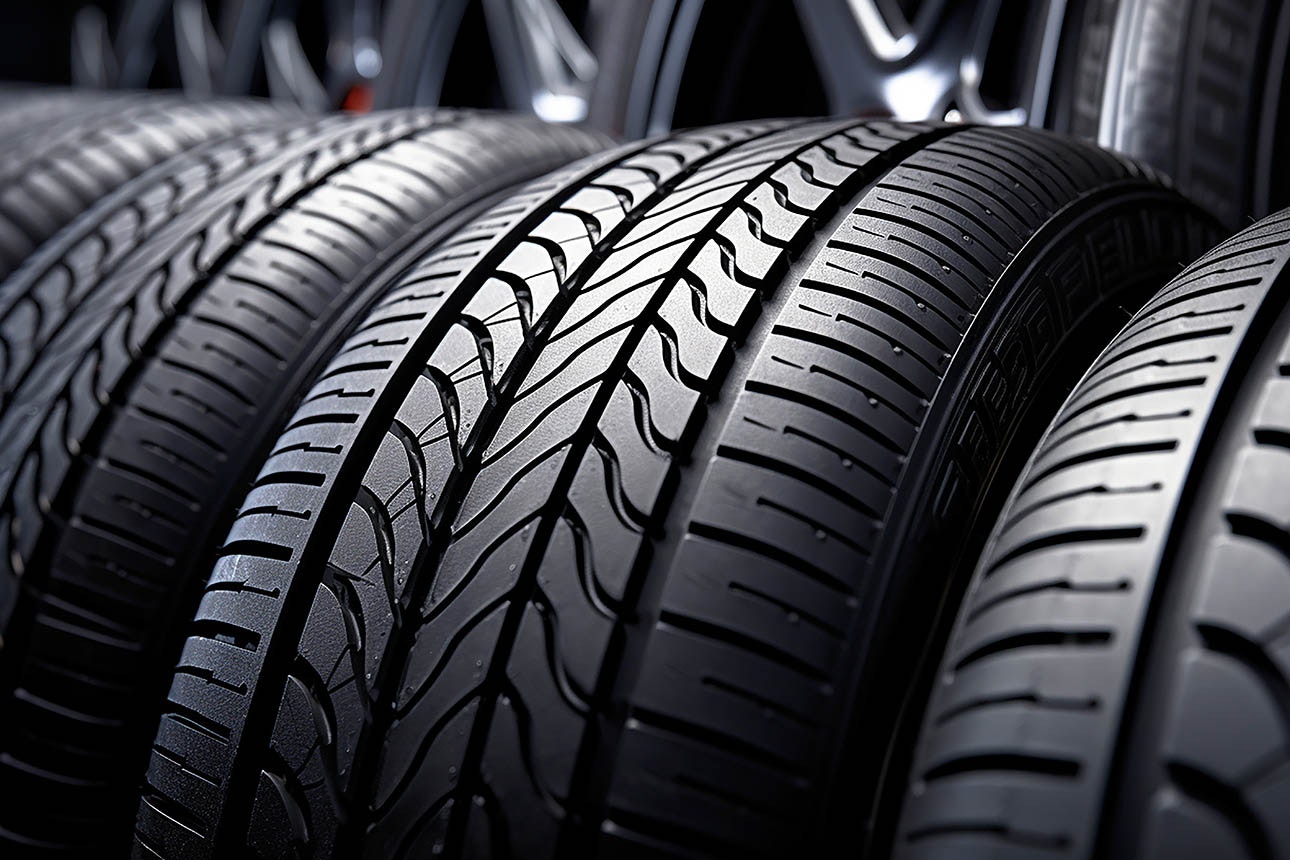
By Ruairi O'Shea
Former Investigative Writer | Kaituhi Mātoro
El Cheapo Cars has pleaded guilty to seven charges relating to breaches of lending rules. The Commerce Commission alleges that El Cheapo failed to tell almost 500 borrowers about changes to their existing loans between 2015 and 2021.
As the third car lender to face legal action in 2024, it’s more important than ever to know your rights when looking for car finance. We share our tips below.

When customers of El Cheapo Cars made a change to their loan, such as increasing their loan amount when they needed new tyres, the car dealer and financier failed to adequately disclose the changed terms of the loan. Customers should have been informed of changes to their repayment amounts, interest owed, and the loan period. These costs had increased in most cases, but customers were unaware.
According to the Commission, these actions are a breach of El Cheapo Cars’ variation disclosure obligations under the Credit Contracts and Consumer Finance Act (CCCFA).
Speaking about the legal action, the Commission acting general manager credit, Sarah Bartlett, said, “Customers need to understand the terms of their contracts, and the effect of any changes they’re agreeing to. El Cheapo’s failure to provide information about the changed terms caused potential financial harm for borrowers, as they were unable to make informed decisions around the terms of the agreement and money they were borrowing.”
The Commission is seeking a fine and compensation for 478 borrowers that were not adequately informed when making changes to the terms of their existing loans. El Cheapo Cars is co-operating with the proceedings.
ComComs takes aim at car financing
This is the third action taken by the Commission against the car finance sector in 2024, following legal proceedings launched against Go Car Finance and Second Chance Finance in January.
In these cases, the Commission sought confirmation that the actions of the lenders had broken the law by failing to sufficiently assess whether consumers could afford their car loans. Both cases are still ongoing. The alleged breaches took place between 2019 and 2022 in the case of Go Car Finance, and 2021 and 2022 in the case of Second Chance Finance.
The Commission has also sought confirmation that Second Chance Finance had broken the law by failing to exercise due diligence to ensure it complied with its duties and obligations under the CCCFA.
The Commission acting general manager credit, Sarah Bartlett, said, “Many consumers rely on cars in their day to day activities – to get to work, pick up groceries, and to get around with their family. It’s crucial consumers are protected when purchasing a car as it’s often essential to their lives and a significant financial commitment. The current cases against El Cheapo, Go Car and Second Chance Finance before the courts should send a strong signal to the sector about their obligations to consumers.”
5 things to know before getting car finance
If you’re thinking about using finance to buy a vehicle, there are a few things to watch out for.
Affordability and suitability checks: A lender should ask you about
your income and expenses. It should also run a credit check to
ensure that you can afford your loan and that it’s suitable for you.
If a lender doesn’t do these checks, don’t use it.Middlemen: When car dealers arrange a loan for you with a finance
company, you’ll likely be charged a broker or dealer referral fee.
This is what the dealer gets for bringing your business to the
finance company, and it makes your car purchase more expensive.Add-ons add up: Lenders may offer you extras such as mechanical
breakdown insurance, guaranteed asset protection or maintenance
plans. We think these add-ons are often not worth it. Find out more
about the add-ons we think you should steer clear of.GPS immobilisers: A GPS immobiliser might sound like a great perk,
but it can prevent you from using your vehicle if you are late
paying your loan. This equipment should be listed on your disclosure
statement because you’re likely to be charged for it in your loan.
We’ve seen cases where borrowers have been charged $430 for the
device, as well as a monthly management fee.Cooling-off period: Once you’ve signed the loan contract you have a
cooling-off period in which you can cancel the finance deal. This
period is 5 working days after you get the required disclosure
information, which extends to 7 working days if the information is
e-mailed and 9 working days if it is sent to you in the post.



